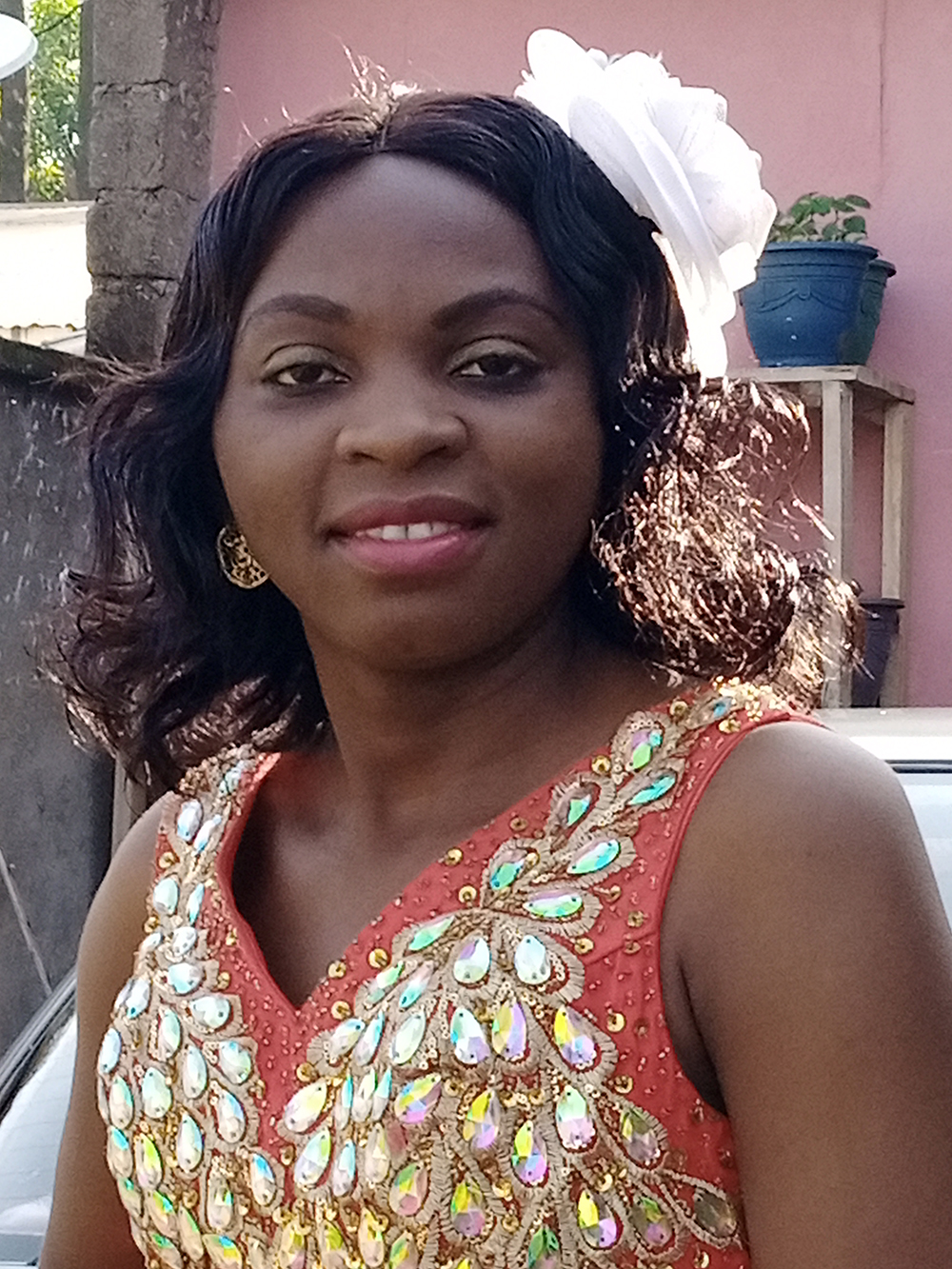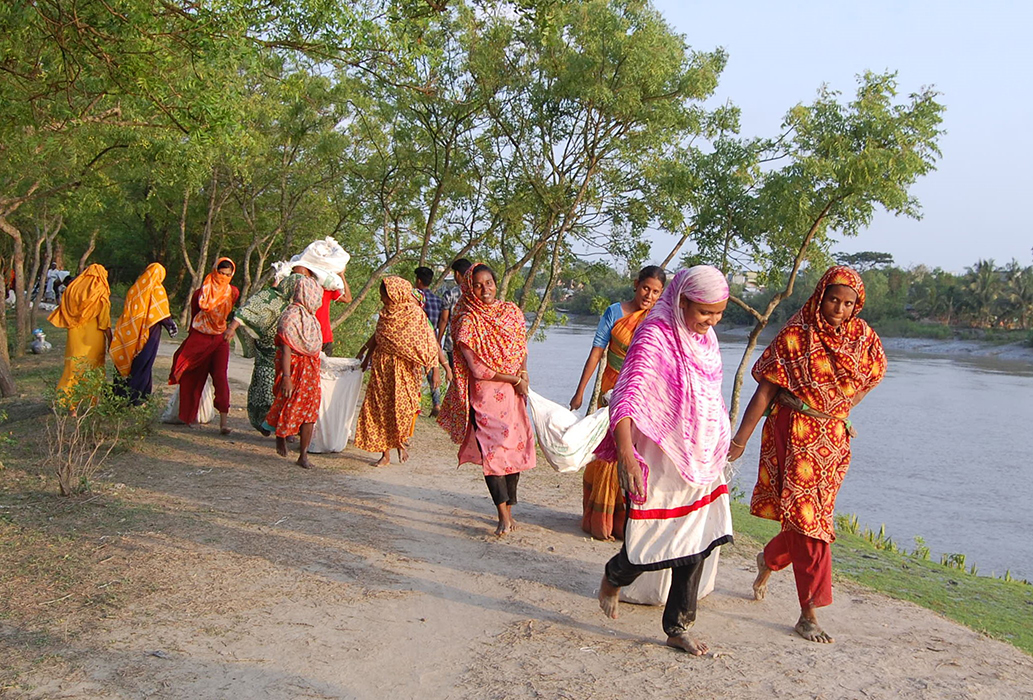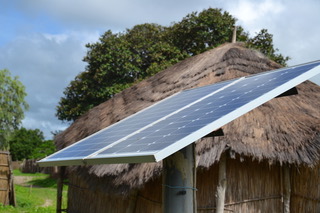Launched earlier this year at the Generation Equality Forum, the Gender Just Climate Solutions Scale Fund supports the scaling, replication and ambition of gender just climate solutions globally. With pooled resources from women’s rights organizations and groups, this re-grant collective builds on decades of ongoing feminist mobilizing for climate solutions, including the Women and Gender Constituency’s annual Gender Just Climate Solutions Award.
Our first six pilot round winners—announced on Gender Day at COP26—represent innovative, scalable, and gender-just climate solutions from Cameroon, Mexico, Pakistan, Uganda, Bangladesh, and Senegal. Read more about each project below.
Cameroon Gender and Environment Watch (CAMGEW)
Cameroon
Promoting gender and climate justice through leading critical work on building support around national climate planning and policies
The Kilum-ijim forest in the North West region of Cameroon is recognized globally as a rare and valuable center of endemic biodiversity, with animals, birds and plants. Traditionally, women have often been left out of forest regeneration efforts, as well as opportunities to develop and benefit from forest resources. In order to address this issue, CAMGEW promotes inclusive forest regeneration.
As of 2021, CAMGEW has planted 100,446 trees to regenerate the forest. Using the trainer-of-trainers model, it has trained over 2,000 women and over 770 farmers to benefit from non-timber forest products—strengthening their skills and capacities in entrepreneurship, value chain development, and agroforestry techniques.
“This project will advocate for women’s socio economic and environmental rights locally and nationally,” said Sevidzem Ernestine Leikeki of CAMGEW. “It will promote women’s participation and consideration of women’s voices in the development of environmental management plans.”
With GJCS Scale Fund resources, CAMGEW plans to create a coalition of gender and climate actors in the Kilum-Ijim forest area. The coalition will carry out a variety of actions, including: conducting advocacy with government representatives for policy considerations that promote women’s socio-economic and environmental rights; using CAMGEW best practices to raise women’s voices in the development of environmental management plans; and raising awareness through a national-level communications campaign.
![]()
Espacio de Encuentro de las Culturas Originarias, A.C.
Mexico
Advancing gender and climate justice through leading critical work on building public awareness, narratives, and inclusive storytelling
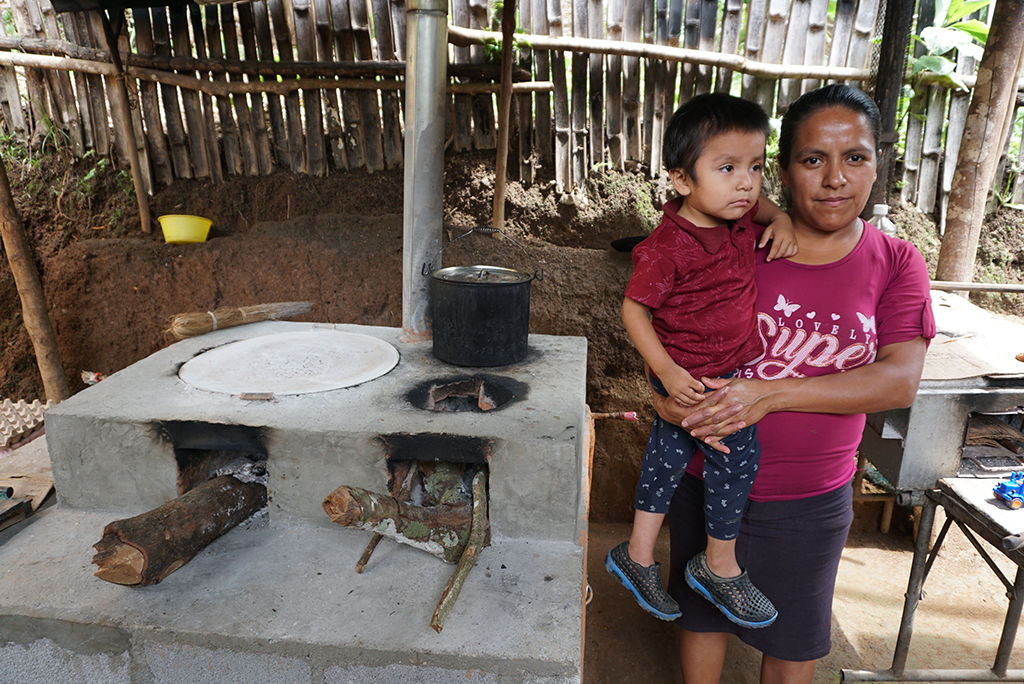 Espacio de Encuentro de las Culturas Originarias works with women and single mothers from the Zapotec and Mixtec cultures, training them in the construction, use and maintenance of eco-technologies for mitigation and adaptation to climate change.
Espacio de Encuentro de las Culturas Originarias works with women and single mothers from the Zapotec and Mixtec cultures, training them in the construction, use and maintenance of eco-technologies for mitigation and adaptation to climate change.
In Oaxaca, the burning of firewood is the main source of Black Carbon emissions, while 75% of its municipalities present high and very high risk of drought—exacerbating food shortages, reducing biodiversity and deteriorating livelihoods.
This project focuses on two highly marginalized indigenous municipalities in the state of Oaxaca, addressing the above problems with the implementation of two technologies aimed at improving the quality of life for indigenous and rural women: wood-saving stoves and bio-intensive gardens.
“We hope to disseminate the achievements and benefits of the work carried out with women and eco-technologies through a process in which indigenous women will be able to reflect on the improvement in their quality of life and their environment, linking gender equality with climate justice with the goal of raising awareness of these issues and broadening the scope of the initiative,” said Tzinnia Carranza of Espacio de Encuentro de las Culturas Originarias.
The project has already improved the lives of 360 women; with additional funding, its scope and initiative will be expanded to reach more communities and regions.
Centre for Social Policy Development (CSPD)
Pakistan
Advancing gender and climate justice through leading critical work on sexual and reproductive health and rights advocacy
“Women and young girls are being disproportionately affected by the phenomenon of climate change, whilst on the other end, climate interventions are not adequately dealing with women’s and girls’ vulnerability in rapidly growing climate crises, particularly in terms of healthcare alongside the increase of violence, economic uncertainty, family care and domestic work.” – Zafar Ahsan of CSPD
CSPD has worked to addressed these challenges by providing up-to-date information and trainings about sexual and reproductive health and rights (SRHR) and its interlinkages with climate change to young girls of the gypsy/nomadic community of Lahore District, Pakistan. This project has focused on providing information to gypsy/nomadic women and young girls, using mediums such as puppetry and video, as well as creating an enabling environment for women and girls to practice and protect their sexual and reproductive health rights.
CSPD will use the small grant from the GJCS Fund for advocacy and lobbying, especially for attitudinal and policy reforms to magnify the interlinkages of SRHR and climate change. CSPD also plans to add to its educational materials, including by creating a new video on the theme of SRHR and climate. Screenings of the video will be held in Lahore District through a “Mobile Cinema” (Cinema on Wheels), after which gender and climate change experts will hold mini-lectures and Q+A sessions for the audience and community members.
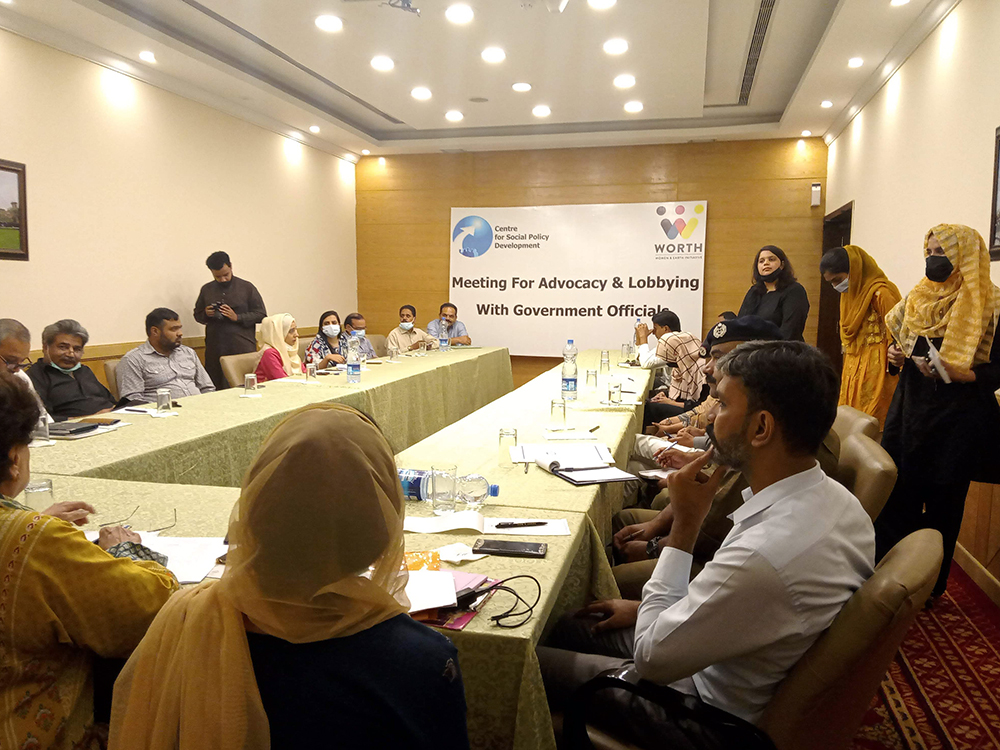
Advocacy meeting with government officials on SRHR of gypsy/ nomadic women and young girls. Photo credit: CSPD
![]()
SafePlan Uganda
Uganda
Advancing gender and climate justice through leading critical work on land ownership and access
Photo credit: Budongo Women Bee Enterprise, an initiative of Safeplan Uganda, supports women and youth to preserve the environment through beekeeping and honey production—working at the intersection of gender, economic and climate justice.
The enterprise offers an opportunity for women to acquire beehives, as well as access to a reliable market to sell the honey. It helps to preserve land areas that are under threat of deforestation by offering an alternative source of income to sugarcane or general crop production, and involving regularly tree planting in the beekeeping activity. The project also utilizes beekeeping as an opportunity to share information with women on their rights to property and protection, and to further empower women to claim and demand their rights while improving their income through honey sales.
BUWOBE will use the GJCS Scale Fund grant to push forward the transformative impact of the project by: enhancing activities related to enhancing women’s knowledge of their rights and forest protection; promoting the exchange of information; developing training and education campaigns; organizing dialogues between local authorities and community members; and training 10 staff and founding members on policy advocacy and resource mobilisation.
BINDU Women Development Organization
Bangladesh
Advancing women’s leadership in disaster response management
The South Western Coastal Area of Bangladesh is highly vulnerable to climate change. People living in this area experience natural disasters every year that destroy their homes and livelihoods, with women hardest hit.
BINDU’s work in this area promotes women’s leadership in disaster risk reduction and resilience—building women’s capacity to actively participate and respond before, during and after disasters. Through its initiatives, the organization has already trained a group of women in DRR and emergency response and prepared a women’s emergency response team. BINDU also works on serving households with clean drinking water and natural resource management, including women’s roles in these activities.
BINDU will use the grant to grow women’s leadership in DRR management, specifically by supporting women leaders in government and official decision-making structures in the DRR sector.
“We believe that the GJCS Scale Fund will strengthen our organizational capacity and accelerate our movement on climate justice,” said Naznine Nahar of BINDU, a youth feminist organization in Bangladesh and one of the pilot round awardees. “This funding opportunity will increase women’s participation in disaster risk reduction and contribute to building a climate resilient coastal community.”
E-Faitou
Senegal
Advancing gender and climate justice through leading critical work on solar power access and use
E-Faitou provides a “Solar Pack Last Mile” to promote the use of renewable energies, especially for rural women and young people. The pack of small productive solar equipment helps support women and girls economically by enabling them to create income-generating activities and helping to meet the productive energy needs of off-grid areas. The selected equipment are designed for a return on investment of less than two years.
The GJCS Scale Fund grant will be used to purchase and transport the equipment included in the kit to women’s groups, provide training, and monitor revenue generation from the kits.
“Thanks to the endowment of the fund, we will equip three women’s groups in Senegal in order to create solar micro-enterprises with one of the elements of our “last mile” solar kit, said Nadège Payet Tisset of E-Faitou. “We plan to get started quickly with technical training and management of the productive solar tool.”
Read more about the Gender Just Climate Solution Scale Fund here.


